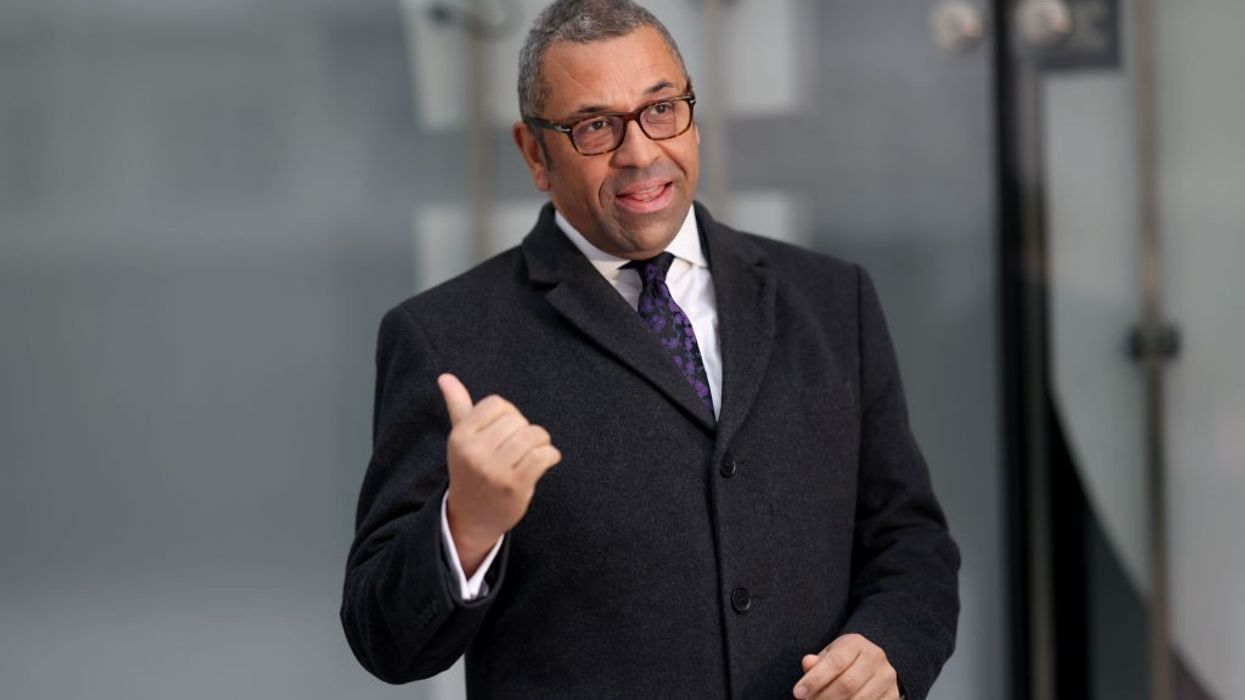The UK wants India to be among the new permanent members of the United Nations Security Council, alongside Brazil, Japan, Germany and African representation, British Foreign Secretary James Cleverly said on Monday.
In his first major foreign policy speech since taking charge in the Rishi Sunak-led government, Cleverly praised Prime Minister Narendra Modi for his categorical anti-war message to Russian President Vladimir Putin as he went on to commit himself to work with India during its G20 presidency.
"The UK wants to welcome Brazil, India, Japan and Germany as permanent members of the UN Security Council, alongside permanent African representation. Our aim is to uphold a historic shared achievement that benefits everyone," Cleverly said in his keynote speech entitled ‘British Foreign Policy and Diplomacy’ at the Foreign, Commonwealth and Development Office (FCDO) in London.
"Putin’s goal is to turn back the clock to the era when might was right and big countries could treat their neighbours as prey. He is waging a 19th-century war of imperial conquest, deliberately debasing international conduct, utterly contemptuous of today’s values. And by attacking one of the world's biggest producers of food and fertiliser, he is driving up global prices and inflicting still greater hardship on some of the poorest people around the world. Hence it was Prime Minister Modi who told Putin to his face, and I quote: ‘I know that today’s era is not the era of war’," he said.
On India-UK relations, Cleverly also flagged finalising a free trade agreement (FTA) among his focus areas, even as his colleague – Trade Secretary Kemi Badenoch – kicked off the latest round of talks in New Delhi.
Cleverly noted: "When powerful states like China reject defensive alliances as ‘bloc politics’, they either misunderstand the desire of every nation to live in peace, without fear of aggression; or they perhaps provide a signal of intent, especially chilling from a country militarising at a pace that the world has rarely seen before.
"For our part, Britain will demonstrate our long-term commitment to the Indo-Pacific, including by joining the Trans-Pacific free trade agreement as soon as possible. We will deepen our cooperation with India, the new president of the G20, and finalise our trade agreement with them." He declared that his diplomacy as Foreign Secretary would be focused on a 25-year time horizon to future-proof Britain’s relationships by partnering with countries that are experiencing rapid growth, such as India.
"The main focus of the future powers that I’m discussing is on securing their own economic development and their own resilience against threats, including from climate change, from disease and from terrorism,” said Cleverly.
"Many of these countries have enjoyed rapid success and, above all, they want that success to continue. Their populations are typically much younger than ours: the median age here in the UK is over 40, while in Brazil it’s 33, in Indonesia, it’s 30, and in India, it’s only 28. More than anything else they need to generate growth, create jobs and satisfy the aspirations of their youth,” he said.
The minister said the highlight of the UK’s cooperation with these countries would involve investment, seizing the full benefit of natural resources, harnessing the power of new technology, and decarbonising economies in a way that spreads the gains and minimises the losses.
"In all of these fields and many others, our opportunity is to show that the UK can be and will be a reliable, trustworthy and long-term partner," he said.
(PTI)




